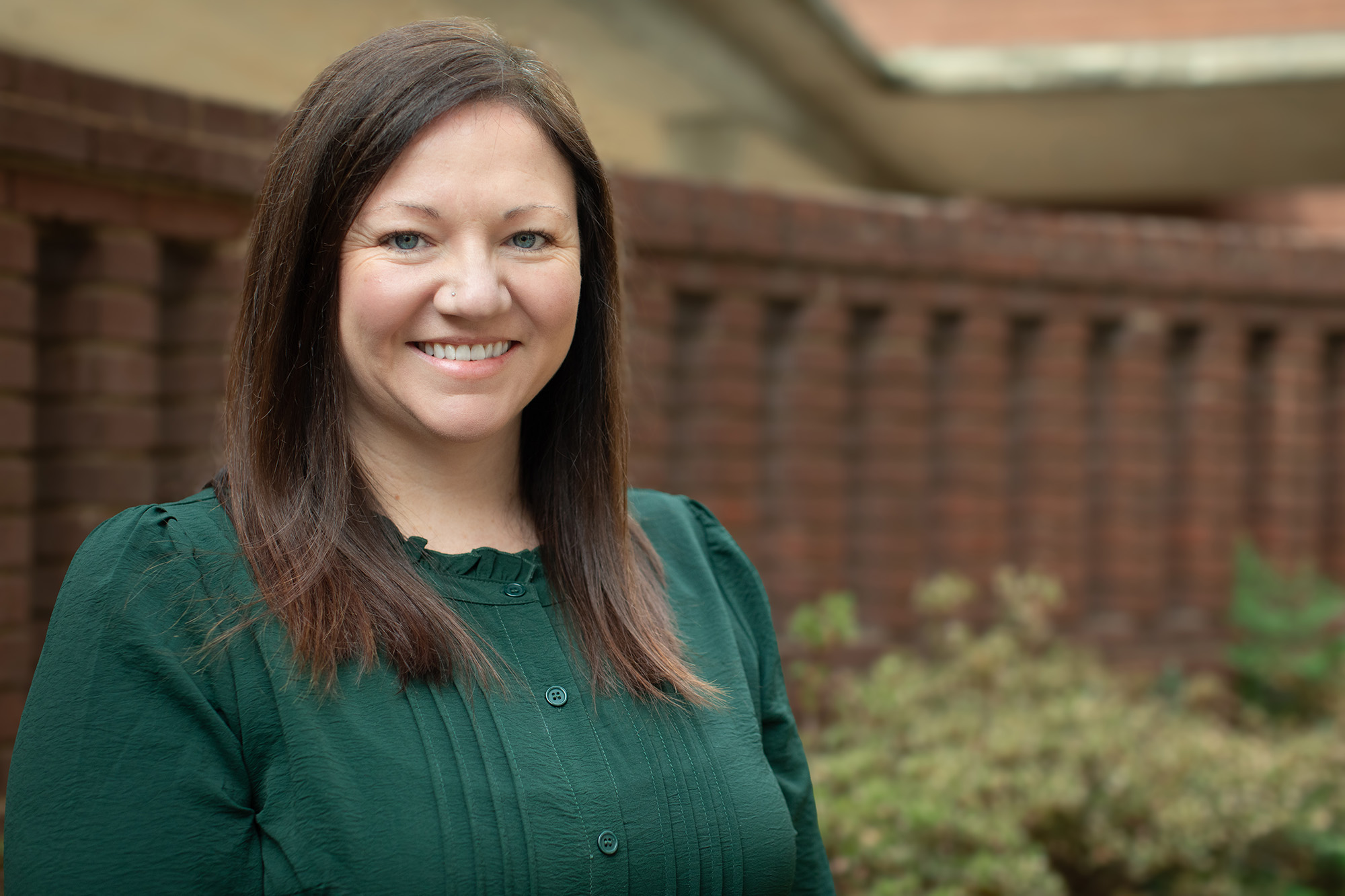
My path from K-12 education to higher education has reinforced my conviction that learning is not something that happens to students; It’s something they actively create when given the right environment, tools, and support.
Assistant Professor
I teach because I believe in empowering learners to take ownership of their educational journey. My path from K-12 education to higher education has reinforced my conviction that learning is not something that happens to students; It’s something they actively create when given the right environment, tools, and support.
My primary research interest is informal learning, recognizing that much of what people learn happens outside formal educational contexts.
I explore how people learn when they’re pursuing their own interests or solving real problems. A teacher picking up new strategies from social media groups, a student figuring out complex concepts through YouTube videos, or professionals developing skills through online communities.
My research focuses on questions like: How do people decide what information to trust in informal learning environments? What makes some informal learning experiences more effective than others? How can we better support the natural learning that happens in digital spaces?
The intersection of informal learning and educational technology is particularly interesting to me. Online platforms and communities have created new opportunities for self-directed, socially connected learning that can be immediately applied. These environments challenge traditional ideas about who can teach, what counts as valid knowledge, and how learning should be structured.
What keeps me engaged in this research is the potential to make learning more accessible and relevant. By understanding how informal learning actually works, we can design better educational experiences that build on the ways people naturally learn throughout their lives.
My teaching philosophy centers on fostering learner agency through an environment that empowers students to take ownership of their educational journey. My approach is built on three fundamental pillars: practical relevance, collaborative learning, and responsive feedback.
The cornerstone of my teaching strategy is creating meaningful, practical learning experiences that resonate with students’ professional aspirations and real-world contexts. In my instructional design courses, students work on authentic projects that mirror workplace challenges, such as developing training solutions for actual organizational needs or analyzing real learning environments. For example, in EDIT 7350E (Evaluation and Analytics in Instructional Design), students generate evaluation plans for existing training programs, allowing them to apply theoretical frameworks to tangible scenarios while developing professional competencies.
Collaboration is another vital component of my teaching philosophy. I deliberately structure my courses to foster peer interaction and knowledge sharing, regardless of the delivery format. In my online courses, I utilize discussion boards not merely as forums for basic interaction, but as spaces for rich dialogue where students engage in peer review, group problem-solving, and collaborative analysis.
Central to my teaching practice is my commitment to providing timely, constructive feedback that guides student growth. I approach feedback as a dialogue rather than a one-way communication. This approach helps students understand not just where they need to improve, but how to implement specific changes to enhance their work.
My expertise in educational technology allows me to integrate digital tools effectively, enhancing student engagement and learning outcomes. My background in instructional design enables me to create well-structured learning experiences that scaffold student development. Additionally, my research in informal learning and online teaching and learning provides unique insights that inform my teaching practices and keep my courses current with emerging trends in the field.
I hope students leave my classes with the confidence and skills to take ownership of their own learning. Rather than simply memorizing content, I want them to develop the ability to identify what they need to learn, find reliable resources, and apply knowledge to real situations they’ll encounter in their professional lives.
I want students to experience the value of collaboration and peer learning. Many of them will work in teams throughout their careers, and I hope they gain appreciation for how much they can learn from each other. The discussions, peer reviews, and group problem-solving in my classes are designed to show them that learning is often more effective when it’s social and interactive.
Most importantly, I hope students develop practical skills they can use immediately. Whether they’re creating evaluation plans, analyzing learning environments, or designing training solutions, I want them to leave with tangible competencies that make them more effective in their work. The authentic projects and real-world applications in my courses are meant to bridge the gap between theory and practice.
